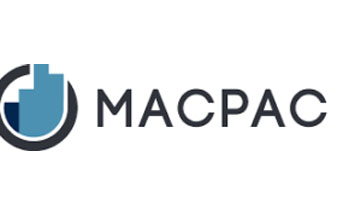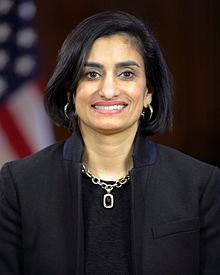SNAP Asks PA Delegation for Help From COVID-19 Relief Bill
The next federal COVID-19 relief bill should include more resources for the Provider Relief Fund, SNAP has told members of Pennsylvania’s congressional delegation.
 The bill also should include additional targeted funding for safety-net hospitals, help with staffing, an extension of the current moratorium on the Medicare sequestration, and forgiveness for safety-net hospitals for loans they received under the Medicare Accelerated and Advance Payment Program.
The bill also should include additional targeted funding for safety-net hospitals, help with staffing, an extension of the current moratorium on the Medicare sequestration, and forgiveness for safety-net hospitals for loans they received under the Medicare Accelerated and Advance Payment Program.
This was the message the Safety-Net Association of Pennsylvania conveyed last week in a letter to members of Pennsylvania’s congressional delegation. See that letter here.
 extend the postpartum coverage period for individuals who were eligible and enrolled in Medicaid while pregnant to a full year of coverage, regardless of changes in income. Services provided to individuals during the extended postpartum coverage period will receive an enhanced 100 percent federal matching rate;
extend the postpartum coverage period for individuals who were eligible and enrolled in Medicaid while pregnant to a full year of coverage, regardless of changes in income. Services provided to individuals during the extended postpartum coverage period will receive an enhanced 100 percent federal matching rate; According to the GAO report,
According to the GAO report,
 The October 2020 MACPAC meeting opened with a panel discussion on restarting Medicaid eligibility redeterminations when the public health emergency ends. It included Jennifer Wagner, director of Medicaid eligibility and enrollment at the Center on Budget and Policy Priorities; René Mollow, deputy director for health care benefits and eligibility at the California Department of Health Care Services; and Lee Guice, director of policy and operations at the Department for Medicaid Services, Kentucky Cabinet for Health and Family Services.
The October 2020 MACPAC meeting opened with a panel discussion on restarting Medicaid eligibility redeterminations when the public health emergency ends. It included Jennifer Wagner, director of Medicaid eligibility and enrollment at the Center on Budget and Policy Priorities; René Mollow, deputy director for health care benefits and eligibility at the California Department of Health Care Services; and Lee Guice, director of policy and operations at the Department for Medicaid Services, Kentucky Cabinet for Health and Family Services.
 In a tweet earlier this week, Centers for Medicare & Medicaid Services Administrator Seema Verma wrote that
In a tweet earlier this week, Centers for Medicare & Medicaid Services Administrator Seema Verma wrote that
 In the guidance, the Centers for Medicare & Medicaid Services explains that because of several court rulings, states can decide for themselves whether to offset third-party payer payments from costs in their Medicaid DSH calculations for periods prior to June 2, 2017 but that beginning with that date, CMS will enforce its own interpretation of the policy.
In the guidance, the Centers for Medicare & Medicaid Services explains that because of several court rulings, states can decide for themselves whether to offset third-party payer payments from costs in their Medicaid DSH calculations for periods prior to June 2, 2017 but that beginning with that date, CMS will enforce its own interpretation of the policy.